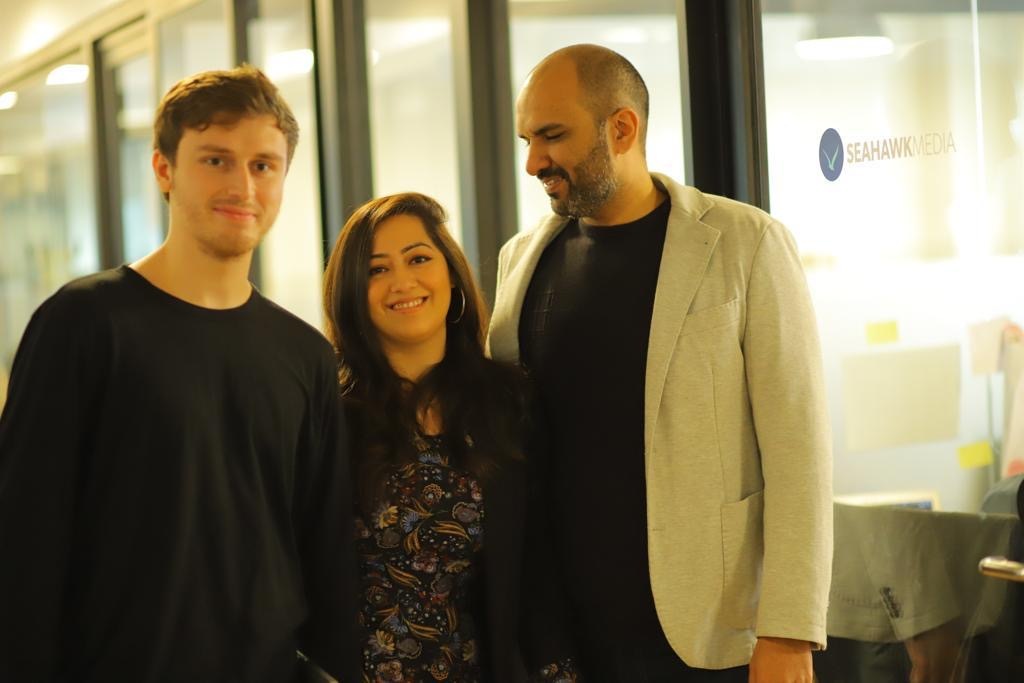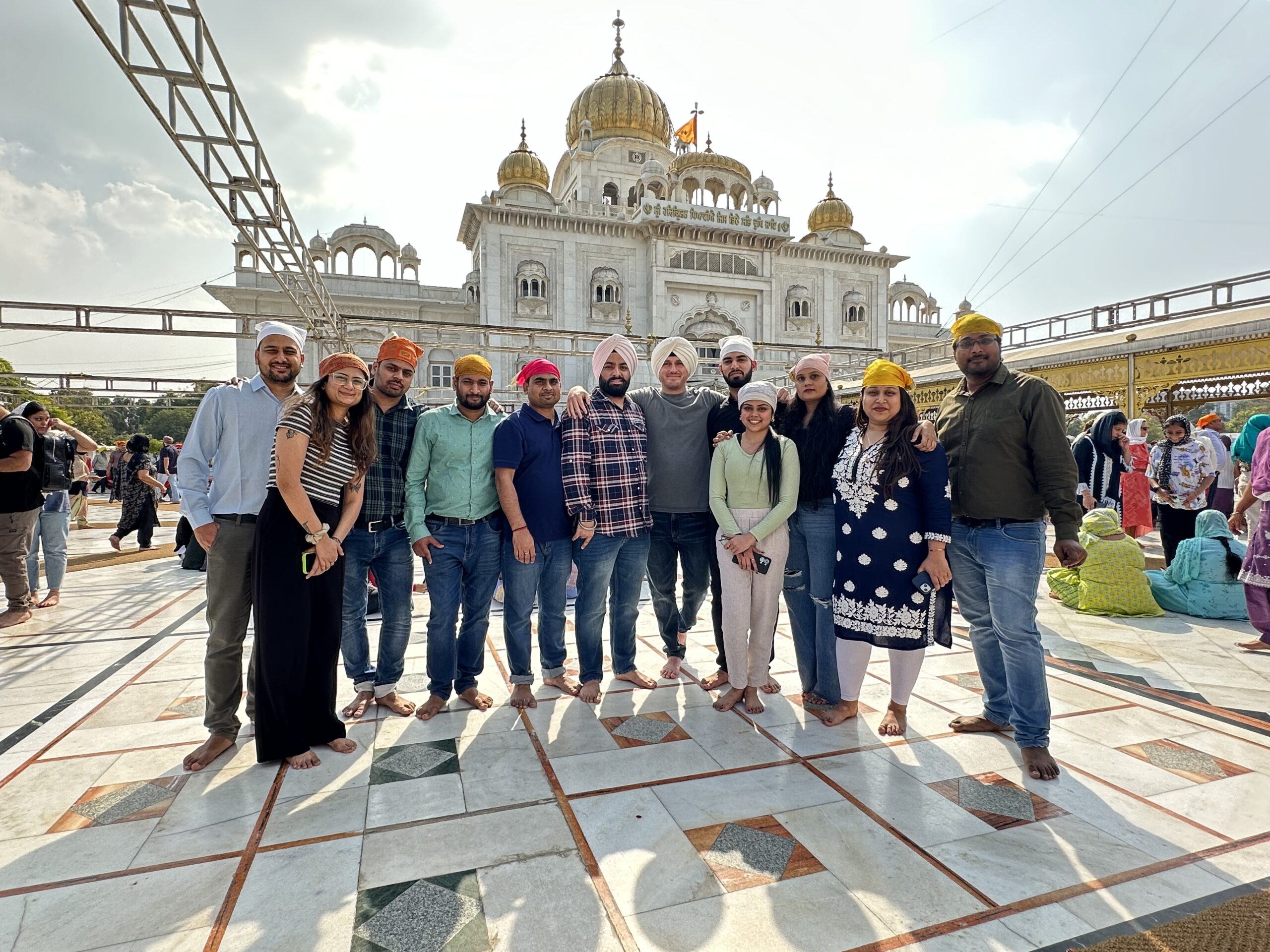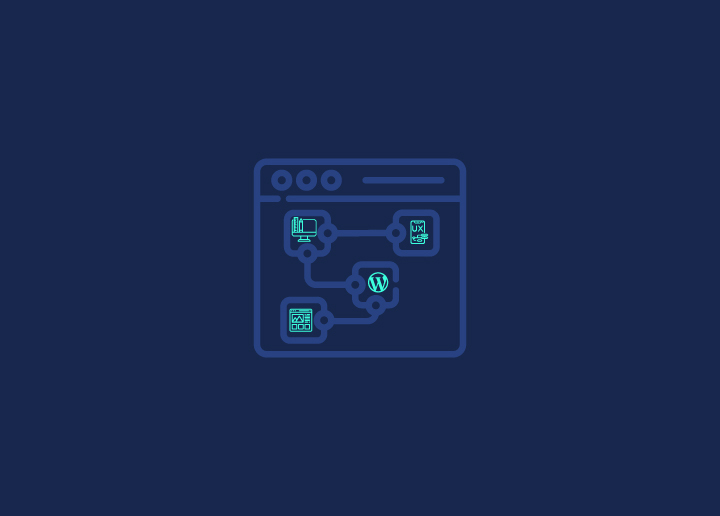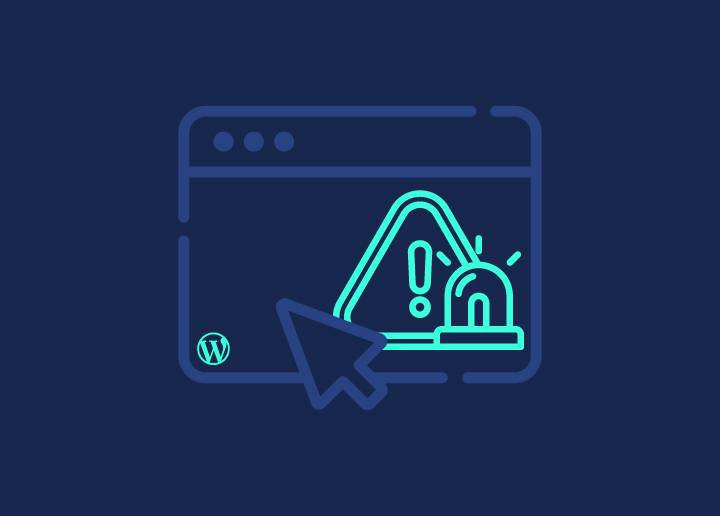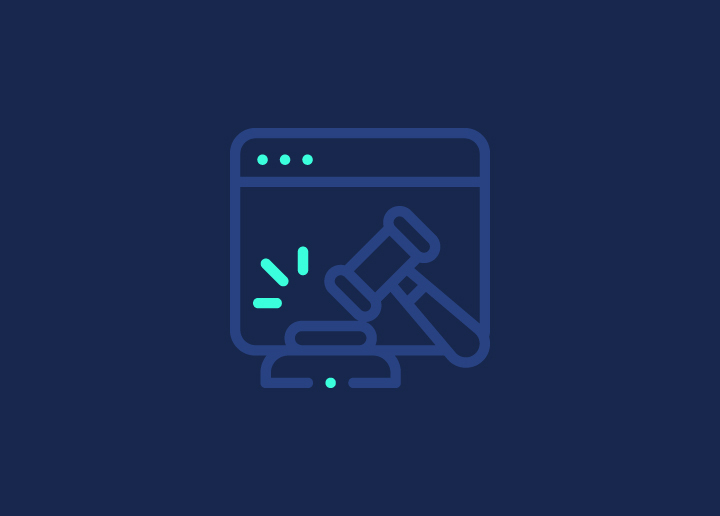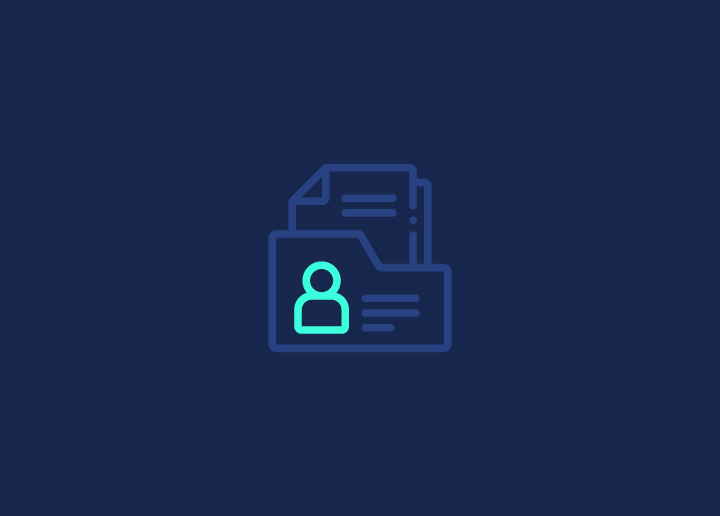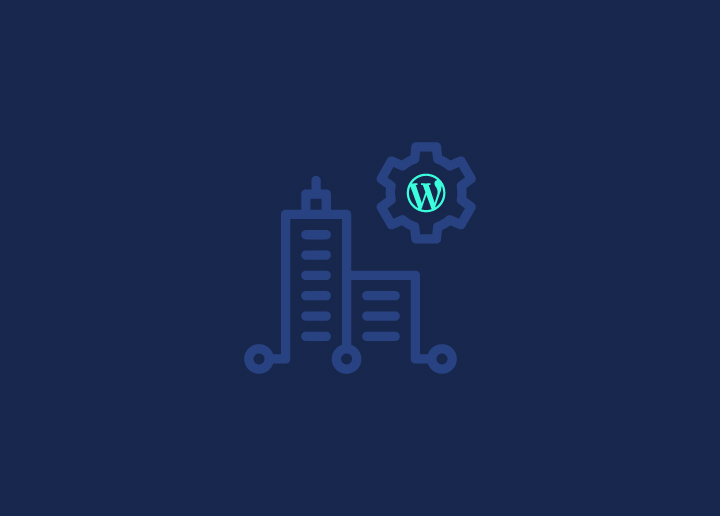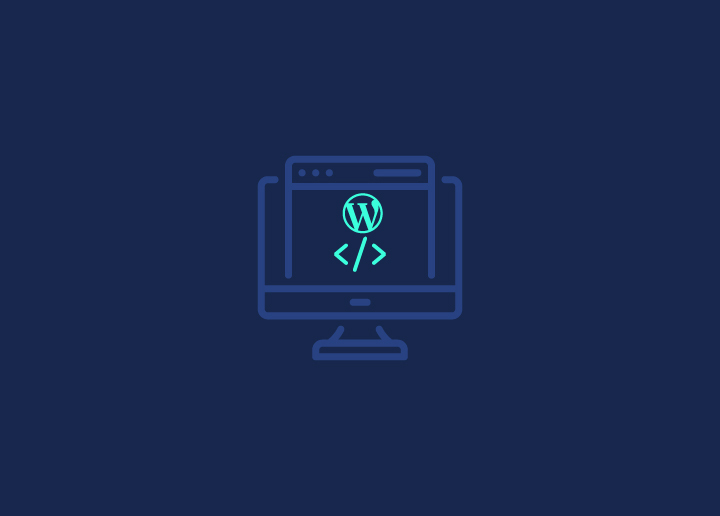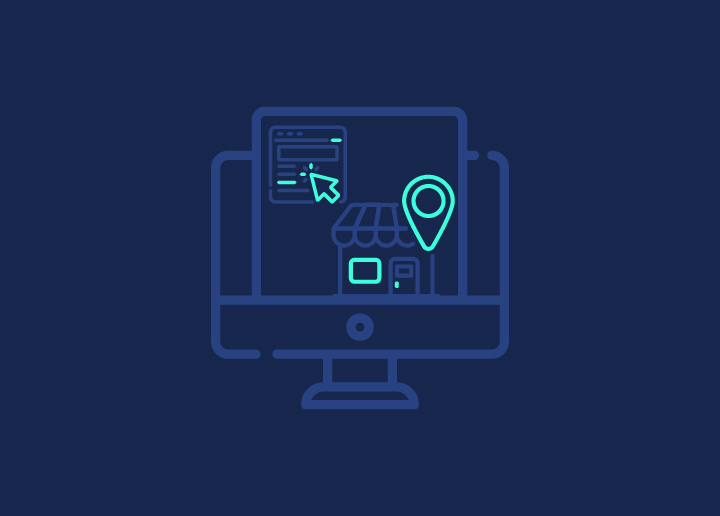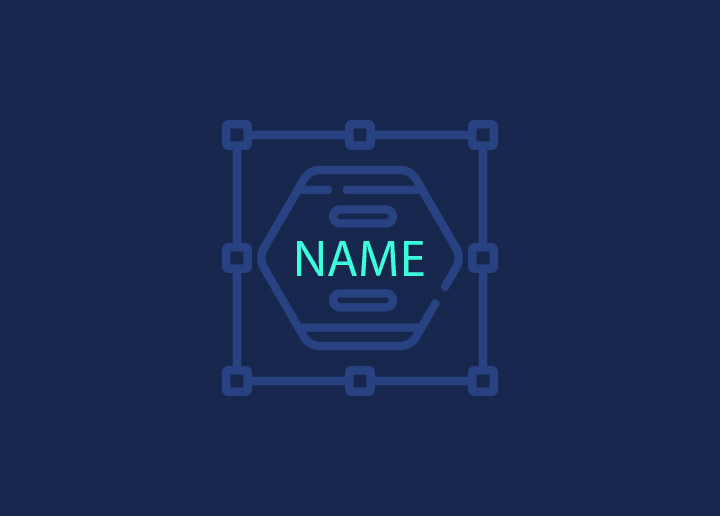Selecting between a freelancer or a WordPress development agency for your website project can be a difficult choice to make. Each has its own pros and cons, and depending on your project needs, you can choose to partner with either one of them.
Among the two, partnering with a WordPress agency is often a more cost-effective and reliable choice. However, don’t just take our word for it; instead, read through this blog to understand the pros & cons of hiring a freelancer or agency for WordPress development and make an informed decision.
Contents
ToggleUnderstanding Your Project Needs
Before you start the hiring process, it’s important to have a clear understanding of your project requirements. By carefully considering your project needs, you can select the right freelance WordPress developer or agency that aligns with your requirements.

So, consider the following aspects:
- Project Scope and Complexity: Start by evaluating your WordPress project’s size and complexity. Determine whether it involves basic website development, theme customization, custom plugin development, or any other complex web application.
- Project Requirements: Next, you need to identify if there are any specific features and functionalities your project requires. It could be eCommerce functionality or integration with event booking or CRM systems.
- Budget Constraints: Another vital consideration is determining your project budget. Understanding your financial constraints will help you decide between a freelancer and an agency.
Related: WordPress Pricing: How Much Does A WordPress Website Cost
- Project Timelines: Consider whether you need a quick turnaround or if the project has a more flexible timeline. By assessing the urgency of your project, you can establish realistic timelines and choose accordingly.
- Long-Term Support: Lastly, it is important to consider the need for ongoing website maintenance and support after the initial development phase. So, consider whether you want to hire a developer or agency that offers post-launch support and updates.
Need Help with Determining Your Project Scope?
Our team of experts is here to assist you at every stage. From project scope to development, optimization, maintenance, and more.
Freelancer or Agency for WordPress Development: Quick Summary
This table provides a quick overview of the key differences between hiring a freelancer and an agency for WordPress development.
| Aspect | Freelancer | Agency |
| Cost | Cost-effective | Based on the agency and project scope |
| Flexibility | Availability depends on their workload | Can adapt to your project’s timeline and requirements |
| Communication | Direct communication | Structured communication via different channels – Slack, ClickUp |
| Expertise | Specialized skills in certain WordPress niche areas | Diverse skill sets and expertise |
| Project Management | Dependent on freelancer’s organization | Established project management processes and quality assurance |
| Project Timeline | Potentially faster turnaround | Offers more structured timelines for timely delivery |
| Support and Maintenance | May offer limited ongoing support | Often provides comprehensive support, maintenance, management, and optimization |
| Scalability | Limited capacity for larger projects | Effortless scalability for larger and complex projects |
Freelancer or Agency for WP Development: Pros and Cons
When it comes to WordPress development projects, making the right choice is essential for all stakeholders. So, here are the pros and cons of both freelancers and WordPress development agencies to help you make an informed choice.
Pros of Hiring a Freelancer for WordPress Development
Let’s look into the advantages of hiring a freelancer for your WordPress development needs. Here are the key benefits:

- Flexibility and Cost-effectiveness: One of the primary benefits of freelancers over agencies is their flexibility to adapt to your project’s timeline and requirements. They are also more cost-effective, making them a good option for projects with tighter budgets.
- Direct Communication and Faster Turnaround: Hiring a freelancer for WordPress development facilitates direct communication, ensuring clarity throughout the project. With fewer intermediaries involved, you can communicate directly with the freelancer, minimizing misunderstandings. Further, freelancers can focus solely on your project without the distractions of managing multiple clients, enabling them to deliver results promptly.
- Specialized Skills and Expertise: Unlike a WordPress development agency, a freelance WordPress developer typically specializes in specific areas of web development. These could include custom plugin development, theme customization, or API integrations. Their focused expertise allows them to deliver tailored solutions that may not be readily available within the broader scope of services offered by agencies.
Read: How to Quote a Website Design or Development Project
Cons of Hiring a Freelancer for WordPress Development
Now, let’s explore the cons of hiring a freelancer for your WordPress development needs. Here are the key considerations:
- Limited Availability: One notable drawback of hiring a freelance WordPress developer is their limited availability and capacity, particularly for larger projects. Freelancers often work solo and may have commitments to multiple clients or projects. As a result, their availability to dedicate substantial time and resources to your project can be constrained, which may lead to delays in project timelines.
- Reliability Issues: Since freelancers work independently, there’s a risk of inconsistency in their availability and communication. There may also be issues with accountability for project milestones and deadlines, especially if they juggle multiple projects simultaneously. Moreover, without a team to fall back on, freelancers may face challenges in handling unexpected issues or scaling up resources to meet project demands.
- Dependency on Individual Skills: Hiring a freelance WordPress developer entails a dependency on individual skills and experience, posing potential risks. Unlike agencies with diverse teams, freelancers work solo, leaving clients vulnerable to the limitations of one individual’s expertise. Also, any gaps in skill set or experience may hinder project progress and quality.
Learn: How to Become a WordPress Developer
When to Choose a Freelancer for WordPress Development
Choosing a freelancer for WordPress development is ideal for:
- Small to medium-sized projects with straightforward requirements.
- Tight budget constraints.
- Projects requiring quick turnaround times.
- Specific tasks or niche expertise not readily available within agencies.
Pros of Hiring an Agency for WordPress Development
Moving now, let’s explore the advantages of partnering with an agency for WordPress development. Here are the key benefits:

- Team Collaboration and Diverse Skill Sets: Unlike freelancers who work solo, agencies have a collaborative environment where experts from various fields work together. This provides a holistic approach to WordPress development and ensures your project benefits from diverse perspectives and specialized skills.
- Established Project Management Processes: Agencies have well-defined project management processes in place, which helps streamline the development workflow. This structured approach enhances efficiency, minimizes errors, and keeps projects on track.
- Quality Assurance Guarantee: Another benefit of hiring an agency for WordPress development is quality assurance. They employ rigorous testing protocols to identify and rectify issues before deployment, ensuring your WordPress project meets industry and accessibility standards.
- Scalability for Larger Projects: Agencies can alo handle projects of all sizes. With access to a diverse team and ample resources, agencies can efficiently scale up their teams to tackle larger WordPress projects.
- Ongoing Support: Beyond development, agencies can provide ongoing WordPress support and maintenance services for your website.
Let’s Collaborate to Build a Stunning Website Together
Whether you’re starting from scratch or need to revamp an existing site, our team is here to help. Contact us for WordPress development services.
Cons of Hiring an Agency for WordPress Development
The drawbacks of hiring an agency for WordPress development can vary depending on the specific agency you choose to work with. Some of the drawbacks that you may encounter include:
- Higher Costs Compared to Freelancers: One common downside of hiring an agency for WordPress development is the higher costs compared to freelancers. Agencies typically have higher overhead costs, including salaries for multiple team members, office space, and administrative expenses. As a result, their rates may be significantly higher than those of freelancers.
Here, Seahawk can be your ideal partner for WordPress development, thanks to our remote global team. With no overhead costs for office space or administrative expenses, we can offer cost-effective pricing for WordPress development projects. For instance, our custom WordPress design service starts at $999, with add-ons available for just $99 for on-demand WP development hours.
- Less Personalized Attention: Another cons of hiring an agency for WordPress development is the potential for less personalized attention compared to working with a freelancer. While some agencies like Seahawk prioritize client relationships and provide dedicated attention, others may struggle to offer the same level of personalized service.
Factors such as the agency size, the number of clients they handle, and their internal processes can also impact the level of individualized attention clients receive.
Know more: Questions To Ask Before Hiring An Expert WordPress Developer
When to Choose an Agency for WordPress Development
Selecting an agency for WordPress development is ideal for:
- Large-scale projects that require comprehensive solutions and diverse skill sets.
- Projects with strict deadlines.
- Clients seeking a one-stop shop for design, development, and ongoing support.
- Complex projects requiring specialized expertise and quality assurance.
- Clients who value established processes, reliability, and long-term partnerships.
Also read: Reasons to Use WordPress for Your Website
Freelancer or Agency: Factors to Consider
Selecting between hiring a freelancer or an agency for your WordPress project requires careful consideration of various factors.

Below are some of the key factors that you should consider.
- Portfolio and Past Client Reviews: When deciding between a freelancer and an agency for your WordPress project, consider their portfolio and past client reviews. Check their previous work to ensure it matches your needs.
- Communication Style: Assess how effectively you can communicate with the freelancer or agency to ensure smooth collaboration and project clarity.
- Project Management: Determine if the freelancer or agency has a project management process in place that will help keep your project on track. Check the type of project management tools they use.
- Project Timeline: Assess whether the freelancer or agency can meet your project deadlines and deliver within your desired timeframe.
- Expertise and Specialization: Evaluate to determine if the freelancer or agency has the skills and experience to meet your project requirements.
- Support and Maintenance: Check whether or not the freelancer or agency offers ongoing site support and maintenance services after the launch.
- Budget Considerations: Compare the cost of hiring a freelancer versus an agency and determine which option aligns with your budget while meeting your project needs.
Know more about: How to Build a Successful White Label Partnership
Conclusion
The decision to hire a freelancer or an agency for your WordPress development project is based on various factors. While freelancers offer flexibility, cost-effectiveness, and specialized expertise, agencies provide comprehensive solutions, established processes, and scalability.
To make the right choice, you need to consider project complexity, budget constraints, communication preferences, and long-term support. Simply put, by considering these factors carefully, you can confidently select the best option for your development needs.
